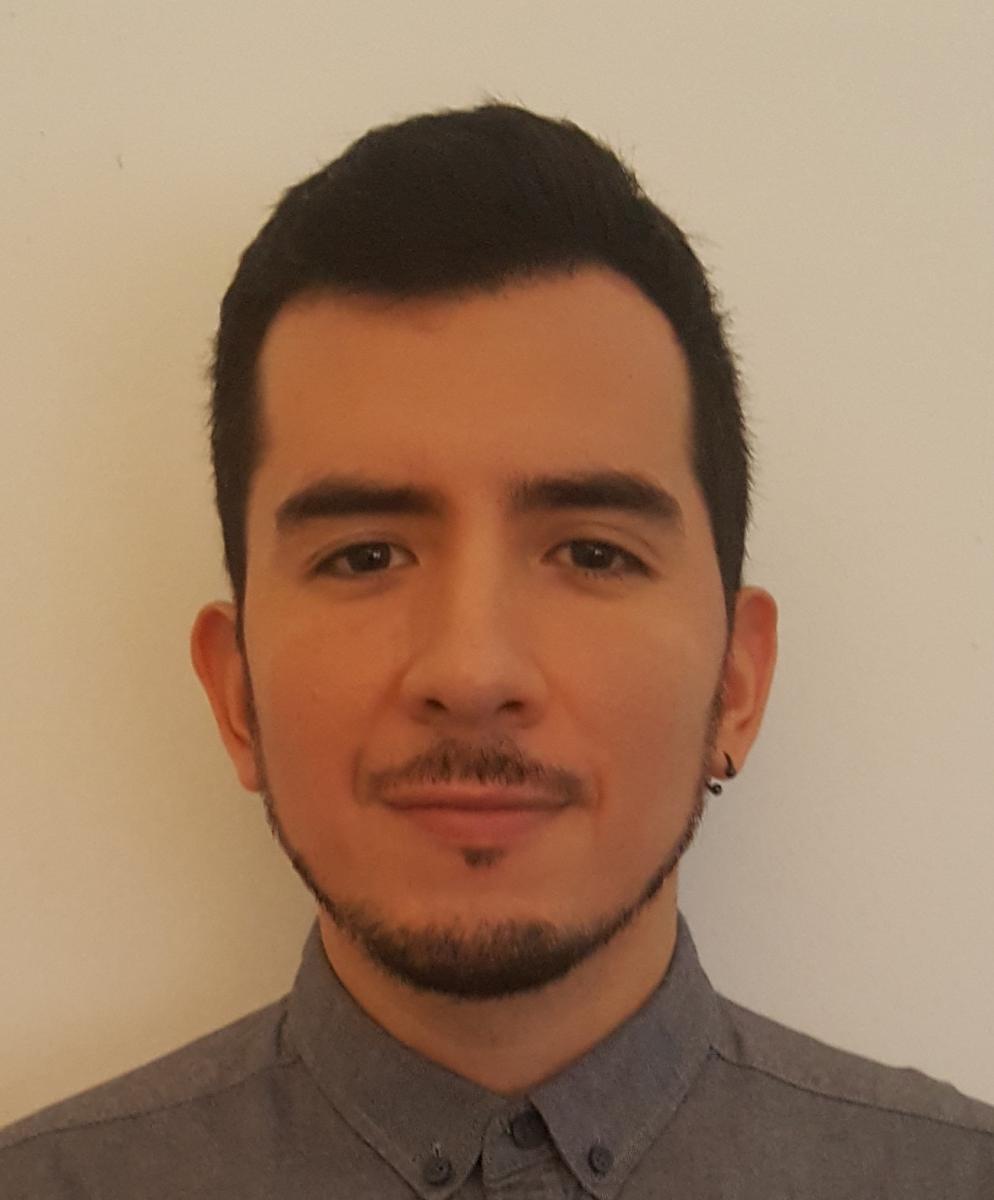
Curriculum
Neuroscience, Technology, and Society, XXXIV series
Grant sponsor
Becas Chile (Conicyt)
Supervisor
s
Sabrina Cipolletta, Caterina Novara
Co-supervisor
Tullio Vardanega
Project: Burnout and self-care: a scale and an online intervention aimed at practicing psychologists in Chile
Full text of the dissertation book can be downloaded from: https://www.research.unipd.it/handle/11577/3473564
Abstract: Mental health professionals must deal with highly stressful working conditions. In Chile, working in the public system implies an even more significant challenge than the private exercise of the profession due to multiple conditions such as high workload, precarious contractual conditions, long patient waiting lists, and low salaries, among other things. In emergencies such as the COVID-19 pandemic or earthquakes, working conditions become almost impossible if we add the tension caused by the risk to one's health and that of the family. Burnout symptoms are almost inevitable due to the myriad of stressors and a lack of a formal mental health care system for these workers. This research is motivated by a practical interest in creating a psychological intervention aimed at these professionals to improve their professional and individual mental health, activating the professionals' ability to take care of themselves and improve their health besides taking care of others. The intervention was created and assessed for psychologists, basing the first empirical evidence of its effectiveness on a Randomized Controlled Trial. Two studies were conducted: In Study 1, an instrument was translated and validated. It corresponds to an objective measure of self-care behaviours and, at the same time, constitutes a valuable list for professionals who want to improve their occupational mental health through the proactive incorporation of self-care behaviours. In Study 2, the effectiveness of MAGO (in Spanish, “Modelo de Autocuidado Guiado Online”, MAGO) was determined, an online intervention where clinical psychologists were trained to increase the frequency of self-care behaviours through a guided dialogue via videoconference